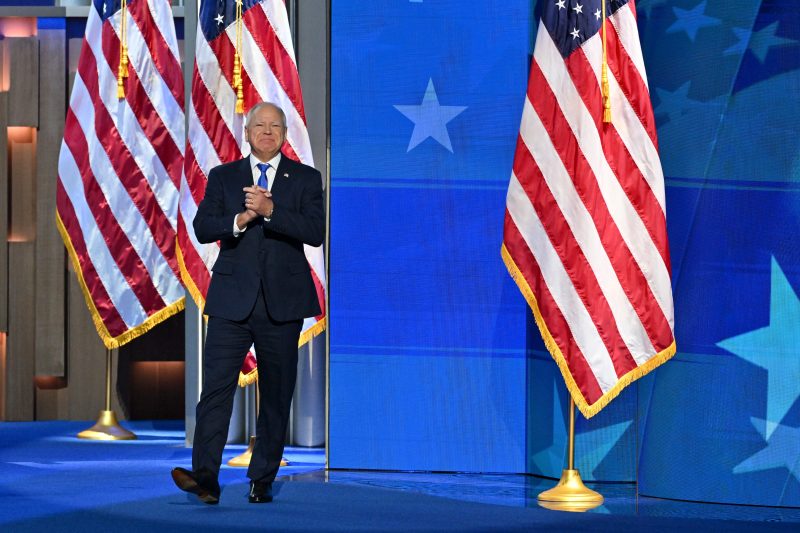
Unleashing the Dragon: How Candidates Weaponize China’s Rising Power
China’s Rise in Power: A Focus for Political Attacks
The growing power of China is now a prominent topic in the political landscape, with candidates frequently using it as a line of attack against their opponents. The intricate web of economic, political, and military influence wielded by China on the global stage has created both opportunities and challenges for countries around the world. As a result, politicians often exploit this issue to gain leverage and sway public opinion. This article delves into the ways in which candidates are leveraging China’s power as a potent attack line in their campaigns.
One of the primary ways in which candidates utilize China’s power as a political weapon is by highlighting the economic implications of its rise. China’s booming economy, propelled by its vast manufacturing capabilities and burgeoning technological sector, poses a direct challenge to other major economies, including the United States. Candidates capitalize on fears of economic competition and job losses to appeal to voters who may feel insecure about their financial well-being. By framing China’s economic prowess as a threat, candidates can position themselves as defenders of domestic industries and workers.
Moreover, the political implications of China’s power are also frequently targeted by candidates seeking to undermine their opponents. China’s growing influence in international organizations and its assertive foreign policy have raised concerns about its commitment to democratic values and human rights. Candidates often use this as a line of attack to question their opponents’ stance on issues such as human rights abuses, trade agreements, and national security. By highlighting the potential risks associated with China’s expanding political influence, candidates aim to portray themselves as steadfast defenders of democratic principles and national sovereignty.
Furthermore, candidates leverage China’s military capabilities to bolster their own national security credentials. China’s rapid military modernization and assertive posture in regional disputes, such as in the South China Sea, have raised alarms in many countries. Politicians exploit fears of military conflict and power projection to emphasize the need for a strong national defense and strategic alliances. By framing China as a military threat, candidates can position themselves as trustworthy guardians of their country’s security interests.
In conclusion, the rise of China as a global power has become a central focus in political campaigns around the world. Candidates utilize various aspects of China’s power – economic, political, and military – as potent attack lines to gain advantage over their opponents. By tapping into public concerns about economic competition, political influence, and military threats, politicians aim to sway voters and shape the narrative in their favor. As China’s power continues to grow, its prominence in political discourse is likely to persist, serving as a crucial battleground for candidates vying for leadership positions.
